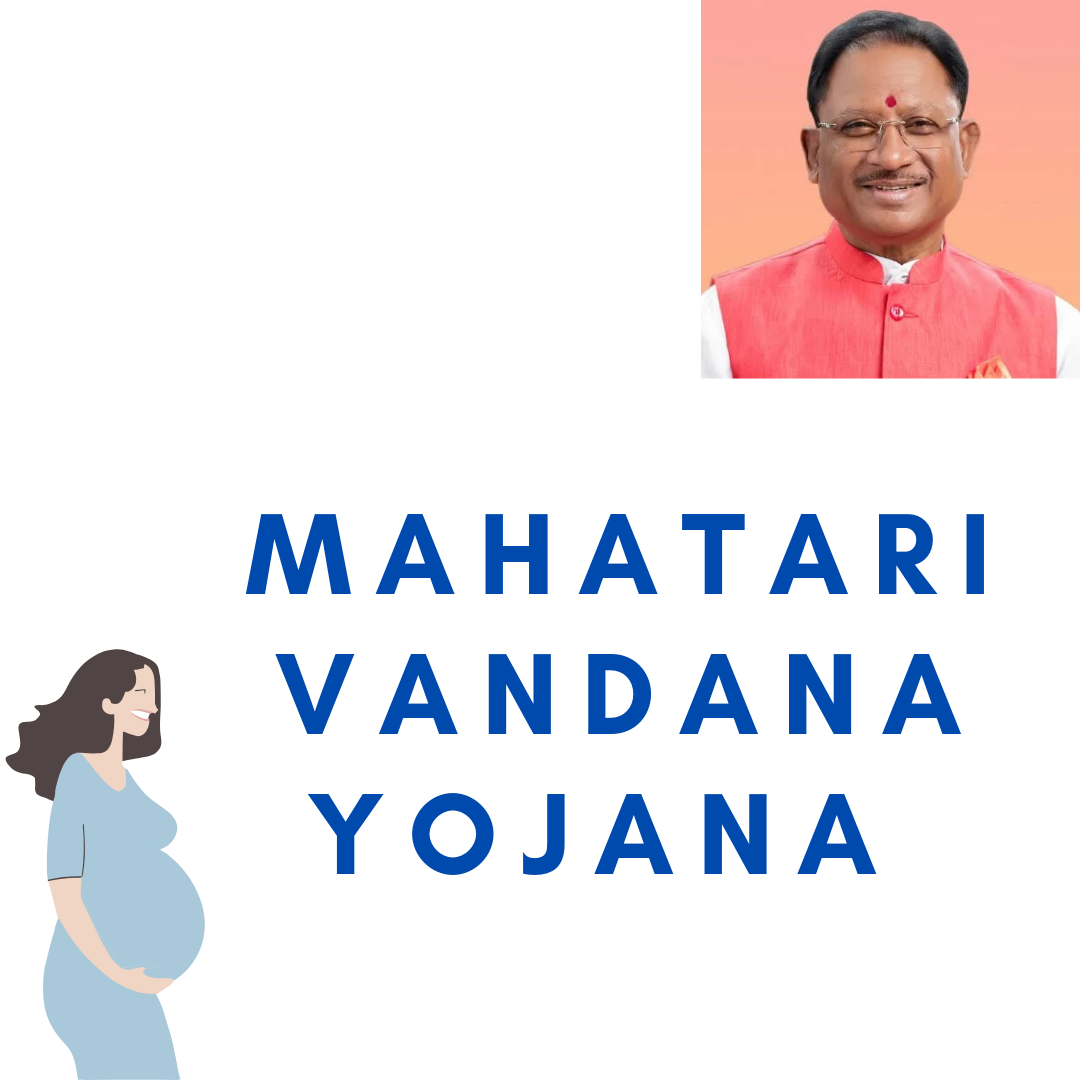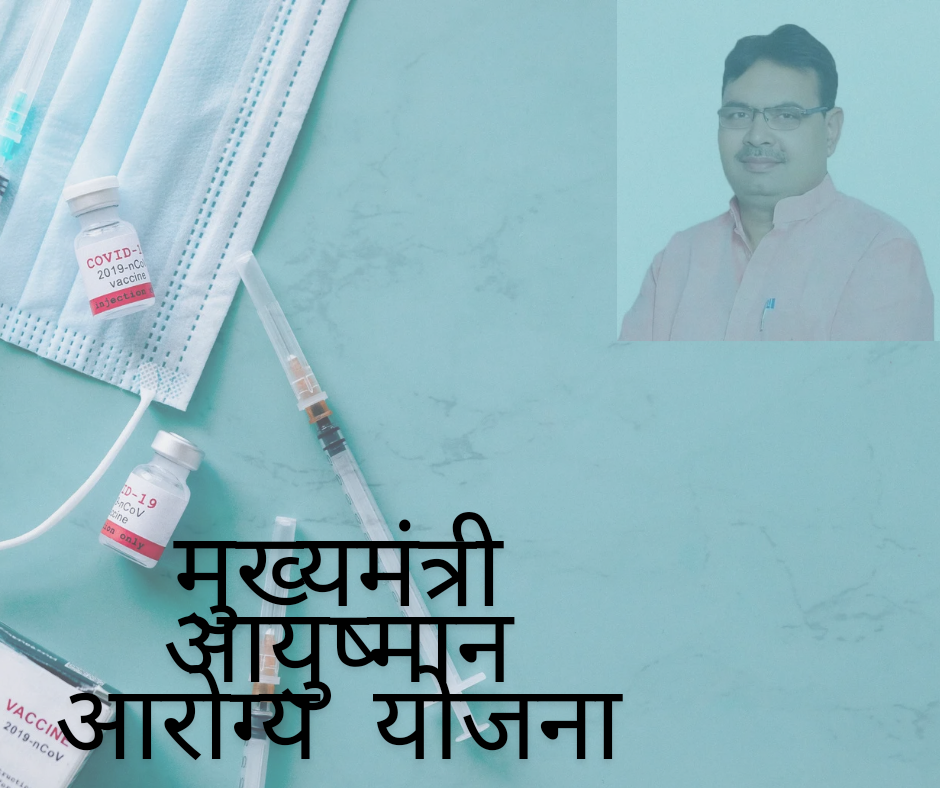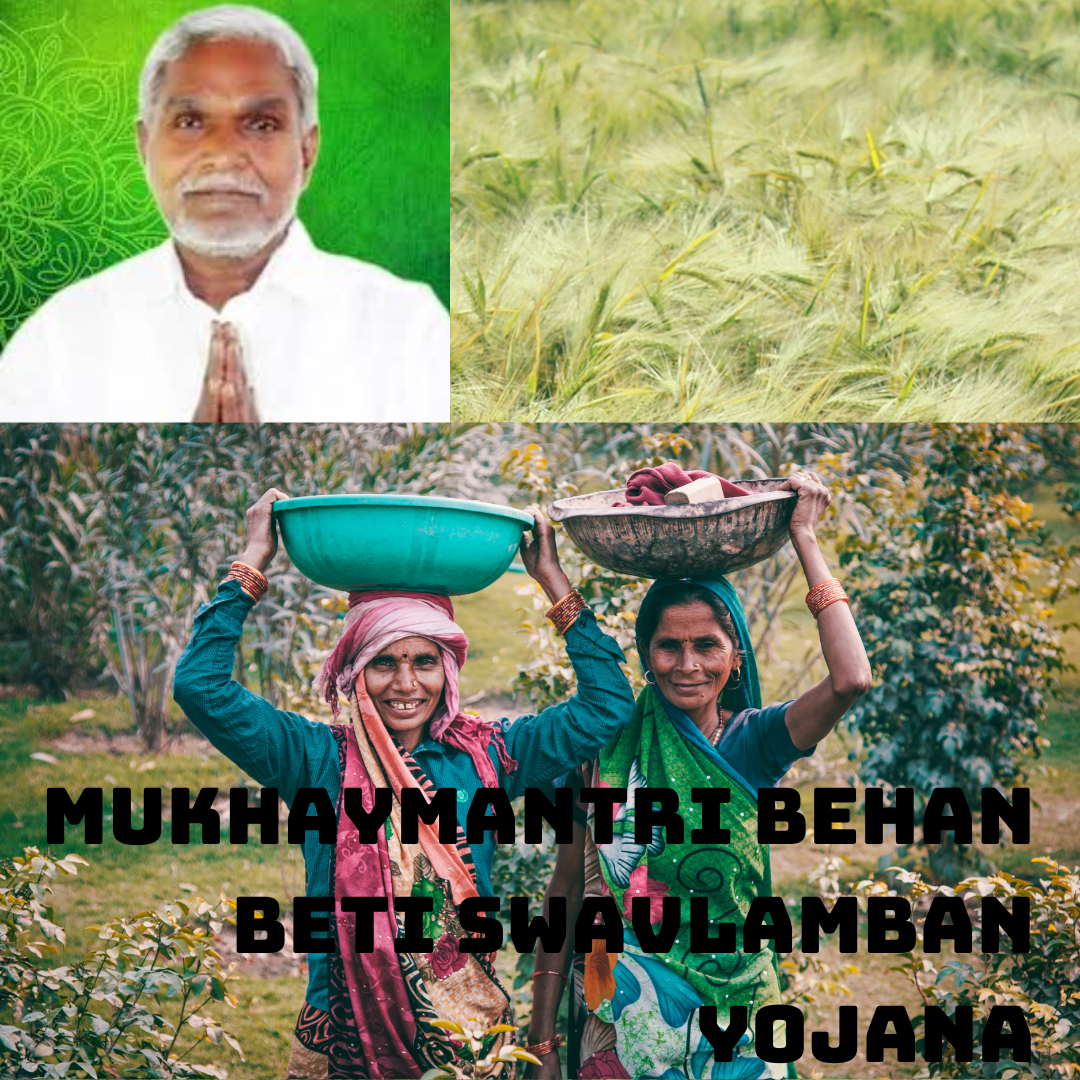Matahari Vandana Yojana:-Maternal health is a significant concern in India, particularly in rural areas where access to healthcare can be limited. To address this challenge and ensure that expectant mothers receive the care they need, the government of Chhattisgarh has launched a progressive initiative called Mahatari Vandana Yojana.
This scheme promotes maternal and child health by providing financial assistance to pregnant women, encouraging institutional deliveries, and ensuring proper healthcare during pregnancy and childbirth.
What is Mahatari Vandana Yojana?
Mahatari Vandana Yojana is a state-run scheme launched by the Chhattisgarh government to provide financial assistance to pregnant women, with a focus on improving maternal and neonatal health. The scheme is designed to encourage institutional deliveries by offering cash incentives to expectant mothers who register with government health centers and avail of prenatal and postnatal care services.
The scheme also ensures that pregnant women have access to essential healthcare services throughout their pregnancy, including regular health check-ups, vaccinations, nutritional supplements, and safe delivery options at government hospitals or accredited healthcare facilities.

Key Features of Mahatari Vandana Yojana
The Mahatari Vandana Yojana offers several benefits to ensure that pregnant women receive comprehensive care during and after pregnancy:
- Cash Incentives: Under this scheme, pregnant women who register at government health centers are eligible for financial assistance. This cash incentive helps women manage the additional expenses of pregnancy, including nutrition, medical check-ups, and transportation to healthcare facilities.
- Healthcare Services: Women registered under the scheme receive regular prenatal check-ups, vaccinations, and nutritional supplements. Healthcare providers monitor their health to ensure a safe pregnancy and delivery. Postnatal care is also emphasized to monitor the mother’s recovery and the newborn’s health.
- Encouraging Early Registration: The scheme encourages early registration of pregnancies at government health centers. Early registration ensures that women can receive healthcare services from the initial stages of pregnancy, which is crucial for detecting and managing potential complications.
- Promoting Safe Deliveries: By offering cash incentives for institutional deliveries, Mahatari Vandana Yojana promotes safer childbirth in well-equipped medical facilities, reducing the risk of maternal and neonatal complications.
- Targeting Vulnerable Groups: The scheme is particularly focused on rural and tribal women, who are more vulnerable to pregnancy-related health risks due to limited access to healthcare services. Special efforts are made to reach these communities through awareness campaigns and healthcare outreach programs.
PM Matru vandana Yojana ( PMMVY) 2024 पीएम मातृ वंदना योजना
Objectives of Mahatari Vandana Yojana
The primary objectives of Mahatari Vandana Yojana are:
- Improving Maternal Health: The scheme aims to reduce maternal mortality by encouraging expectant mothers to opt for institutional deliveries in safe and hygienic conditions, under the supervision of skilled medical personnel.
- Financial Support for Pregnant Women: Many families, particularly in rural areas, face financial hardships during pregnancy. The scheme provides monetary support to ensure that pregnant women receive proper nutrition and healthcare during this crucial time.
- Promoting Institutional Deliveries: One of the significant challenges in reducing maternal and neonatal mortality rates is the high percentage of home births. By incentivizing institutional deliveries, the scheme ensures that more women give birth in healthcare facilities equipped to handle complications if they arise.
- Healthcare Access for Rural and Tribal Women: Rural and tribal communities often have limited access to quality healthcare services. Mahatari Vandana Yojana bridges this gap by bringing healthcare services closer to these underserved populations and providing them with the necessary support during pregnancy.
- Reducing Infant Mortality: By ensuring proper prenatal and postnatal care, the scheme aims to reduce the rate of infant mortality, ensuring that newborns receive the care and attention they need in their early stages of life.
Eligibility Criteria
To benefit from the Mahatari Vandana Yojana, women must meet certain eligibility criteria:
- Resident of Chhattisgarh: The scheme is available only to pregnant women who are residents of Chhattisgarh.
- Pregnancy Registration: The pregnant woman must register her pregnancy at a government health center within the prescribed time frame to be eligible for the scheme’s benefits.
- Institutional Delivery: Women are eligible for the cash incentive if they opt for institutional delivery at a government hospital or an accredited private healthcare facility.
How to Apply for Mahatari Vandana Yojana?
To apply for the scheme, pregnant women need to follow these simple steps:
- Register at a Government Health Center: The first step is to register the pregnancy at a nearby government health center or with an accredited health worker like an ASHA worker.
- Provide Required Documents: During registration, the applicant must provide proof of residence, pregnancy status (usually confirmed through medical examination), and any other required documentation.
- Attend Regular Check-ups: To avail of the benefits, the woman must attend regular prenatal check-ups and follow the recommended schedule for vaccinations and nutritional supplements.
- Opt for Institutional Delivery: The cash incentive is provided only after the delivery is conducted at an institutional healthcare facility. After the delivery, the applicant needs to submit relevant documents to claim the incentive.
Important link
Check other important details click here:- Mahatari Vandana Yojana
Check other important details click here:- Mahatari Vandana Yojana App
Impact of Mahatari Vandana Yojana
Mahatari Vandana Yojana has made a significant impact on maternal health in Chhattisgarh:
- Increased Institutional Deliveries: The scheme has played a crucial role in encouraging institutional deliveries, thereby reducing maternal and infant mortality rates in the state. By offering financial incentives, more women are opting for deliveries in government hospitals, ensuring they receive proper medical care during childbirth.
- Improved Maternal and Child Health: With regular check-ups and better access to healthcare services, the health of both mothers and newborns has improved. Nutritional support during pregnancy has contributed to better health outcomes for women, while postnatal care ensures that newborns receive essential vaccinations and health monitoring.
- Empowerment of Women: The financial assistance provided under the scheme gives pregnant women greater control over their healthcare choices, improving their overall well-being. It also alleviates some of the financial burdens associated with pregnancy.
- Outreach in Rural Areas: By focusing on rural and tribal communities, the scheme has helped bring healthcare services to some of the most underserved regions of the state. This has resulted in increased awareness about maternal and child health and better access to healthcare for these vulnerable populations.
Frequently Asked Questions (FAQ)
How to check your name in the Mahatari Vandana Yojana list?
If you want to see your name in the beneficiary list of the Mahatari Vandana Yojana, follow these simple steps:
Step 1: First, open the official website of Mahatari Vandana Yojana.
Step 2: Once the website opens, click on the “three lines” menu at the top.
Step 3: Then, from the options shown, click on “Provisional List.”
When will the Mahatari Vandana Yojana start?
The state government transfers the money for the Mahatari Vandana Yojana to women’s bank accounts by the 10th of every month. Last month’s installment, i.e., for June, started being deposited into women’s bank accounts from June 2, 2024. Therefore, it is expected that the 5th installment of the Mahatari Vandana Yojana could be given to women anytime between July 1 and July 10.











